The Last Revolution (Part 7)

Capitalism as a cosmic order? SCARY! Is it possible for mankind to evolve to some kind of Galactic Empire? And why God is essentialy anticapitalist.
Ljubodrag Simonovic: The Last Revolution
Contents
- Life-creating mind against destructive mindlessness
- The nature of Marx’s critique of capitalism
- Marx’s conception of nature
- Capitalist exploitation of soil
- “Humanism-Naturalism”
- Marx and capitalist globalism
- The cosmic dimension of man
- “Alienation” and destruction
- Destruction of the body
- Homosexuality
- Capitalist nihilism
- Productive forces
- Dialectics and history
- The integration of people into capitalism
- Technique as myth: Zeitgeist fascism (Part 15a) •|• Technique as myth: Zeitgeist fascism (Part 15b)
- Contemporary bourgeois thought
- Politics as a fraud
- Contemporary critique of capitalism
- Bourgeoisie and proletariat
- October revolution
- Contemporary socialist revolution
- Revolutionary violence
- Vision of a future
- Notes
The Last Revolution -- Chapter Seven
The cosmic dimension of Man
(Translated from Serbian by Igor Barjaktarević)
Humanity is transitioning from the terrestrial into a cosmic existence. Thanks to scientific knowledge and technical innovation, the notion of nature in the contemporary world has extended to outer space, and the emergence and survival of mankind is viewed from the cosmic viewpoint, i.e., in the context of the emergence and evolution of the cosmos. The relation to the cosmos is no longer one based on superstition, religious delusions and astrological hypotheses, but one based on scientific knowledge and technical inventions. The cosmos becomes a concrete (“external”) living space for man and he begins to see himself as a concrete cosmic being. This adds a new quality to the historical development of humanity and to its understanding of nature, as well as to the (self)consciousness of man as an (emancipated) natural (cosmic) being.
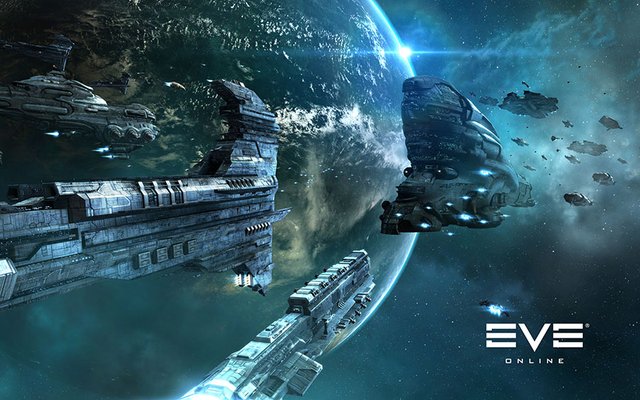
In the capitalist vision of the future, Earth is reduced to a source of raw materials and energy and relation to the land is based on an exploitative-profiteering logic. The increasing shortage of raw materials and energy contributes to a notion that human life on Earth is of a temporary character and that its existential prospects lie in colonizing other planets. Earth becomes a springboard for “conquering space”, while celestial bodies become a source of raw materials and as such subject to exploitation. The cosmos becomes a field for capitalist expansion where battles are fought for control of the resources and where danger constantly lurks (in the form of bloodthirsty “aliens” acquiring the status of cosmic “terrorists”), which inevitably prompts and justifies the development of the increasingly lethal military equipment that will, needless to say, be used for destruction of “the superfluous” and “the misfits” on Earth so that the most powerful capitalist corporations can take over earthly raw material and energy resources. They also serve to create an impression that technical means can secure “eternal” existence for mankind in the universe. Notable in this context is the warning of one of the most famous contemporary physicists, Stephen Hawking, that humans must move to another planet during the next 200 years. But even if that takes place, what is really “solved”? What social order will man establish on other planets? According to Hawking, it can only be capitalism. By colonizing other planets, capitalism becomes the cosmic order, and the absolutized principle of profit becomes the dominant cosmic principle. Hawking abolishes man as a life-creating and libertarian being and reduces man's nature to the destructive nature of capitalism. Proceeding from this, he advocates man's escape from Earth to other planets. However, if people as such are the cause of the demise of life on Earth, then those who successfully reach another planet will do the same as they have done on Earth: fight for power and money and thus destroy life on that planet too. In other words, escape to other planets is pointless because man cannot escape from his “evil” nature. If man is by his nature a “destructive being,” there is no place in the cosmos where he can build his home and manage to survive. Man becomes a cosmic homeless person sentenced to eternal wandering - because he destroys everything.

Based on cataclysmic scenarios, an idea is developed about “the obsolescence of traditional humanity”, the one that in both an essential and existential sense is tied to the Earth, and about the need to create “a new humanity” that will be able to soar into space. Man is supposed to adapt mentally and physically to the challenges posed by this “cosmic epic”. Mankind’s future is thus reduced to creating a “race of cyborgs” that will be able to “compete” with “intelligent machines” and “conquer” planets. Contemporary science directs man to a mechanistic conception of himself and the cosmos. The natural and human history of society is being done away with, and man himself is thereby called into question as an emancipated natural and human being. The universe is coming closer to man only in the technical sense, but is becoming increasingly distant in natural and human terms. When we comprehend things in the real social dimension, the “cosmic epic” reveals itself as one of the technocratic myths employed to erase the historic (self)consciousness of man and, consequently, the emancipatory heritage of national cultures and civil society, which are the foundations of the idea of novum, i.e., the idea of a future (humane) world. Libertarian dreams are replaced by a “cosmic vision of the future” produced by the Hollywood film machinery supported by the military industry. The mythological projections of “cosmic worlds” become a means for debasing our own planet and for countering the belief that it is possible to preserve life on Earth. A technocratic-based quasi-religious illusion is created about how the real history of humanity begins in outer space, together with the corresponding value challenges that degrade man as a natural and human being. Hollywood film industry creates the impression that heavenly bodies are now at mankind’s fingertips and that “conquering other planets” is its immediate future. Cosmic time and space are relativized and thereby the sense of the real time in which we live is lost. To link humanity's near future to the cosmic expanse is the fatal illusion created by the Hollywood film industry. At the same time, historical time is transformed into abstract time in which, in the virtual cosmic space, the capitalist world is reproduced at a “higher” technical level.
“The incursion into space” has prompted man to face the infinite vastness of the universe in a way that Earth is seen as a mere cosmic particle that can disappear at any moment. Earth becomes insignificant, relative to the cosmic expanse offered to man as a virtual world by the entertainment industry. The awareness of the cosmic position of the Earth and humanity makes any striving for survival meaningless. Scientific discoveries evoke fear for survival, rather than offering a solution – this is because the solutions do not lie in the realm of science, but in everyday life. Asteroids, comets, supernovae, black holes, anti-matter - all these phenomena become the projections of a fear of destruction created by capitalism as a destructive order. Relations between people are not based on man's need for another man, which means, on man's need to do something that will contribute to the betterment of humanity, but are mediated by catastrophic scenarios that make futile any attempts to open new spaces of freedom and increase the likelihood of human survival. Thus capitalism, which in increasingly dramatic ways calls into question the survival of humanity, meaning it is the only real threat to humanity, “disappears” in the cataclysmic projections of “the future”. At the same time, by degenerating man as a natural and human being, capitalism destroys the possibility of the survival and evolution of man as an emancipated cosmic being who creates his own, human cosmos.

The Hollywood film industry deludes young people with cosmic visions while, at the same time, capitalism systematically destroys life on Earth. Not only that huge resources are invested in space programs, resources that could instead be used to establish an ecological balance on Earth, but they also receive a spectacular dimension and as such serve to remove from the public eye scenes of mass dying from hunger, thirst and disease, scenes of monstrous “humanitarian interventions” and modern concentration camps, as well as increasingly dramatic sights of the destruction of animal species, rivers, oceans, air, forests, fields and pastures, glaciers… Importantly, “space projects” are used to support the myth of “unlimited possibilities for the development of science and technology” - which becomes the basis for the myth of “unlimited possibilities for the development of capitalism”. Ultimately, the “incursion into space” does not serve humanity’s well-being and does not increase the certainty of human survival, but hampers the fight against capitalism and contributes to the development of new mechanisms of domination, manipulation and destruction.
Rather than an inability to confront natural disasters, it is the conformity and loneliness of contemporary man that drives his need for mysticism and other forms of escape from life, which lead him to search for the meaning of life in irrational spheres. Rather than infinite cosmic space, it is lonely despair that induces fear in man when he glances towards heaven. Understanding the infinite as an openness, which means as a possibility of unlimited development of the creative powers of man and the spaces of freedom, depends on the creation of a humane social order on Earth. Only the development of human relations and a feeling that he is not alone on Earth can create in man a sense that he is not alone in the universe, and give meaning to human life. When young people are embraced together, they do not see in the endless deep blue of the cosmos a source of danger, but an unlimited field of the future.
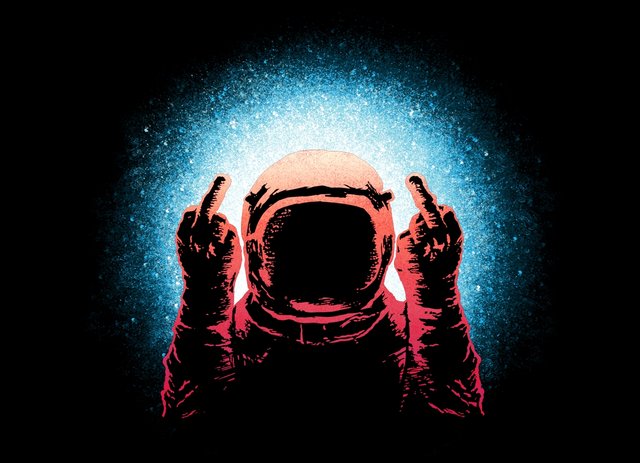
That the extent of the capitalist destructive madness is limitless is demonstrated by the fact that capitalists are trying to turn cosmic space into a military platform from which they will be able to destroy life on Earth. The development of capitalism as a totalitarian order of destruction has led to a situation where the greatest threat to the survival of humanity and our planet does not come from the countless celestial bodies and cosmic cataclysms, but from capitalism! In the essential and existential projection of the future, development of productive forces should be aimed at humanizing the world and enriching nature, that is, at increasing the certainty of the survival of mankind. In this context, man's “incursion” into the cosmos should be focused on the development of technical means that can prevent potential threats to Earth that come from outer space, such as the impact of a celestial body, or excessive radiation that can occur as a result of explosions on the Sun or some distant celestial bodies, and the like. At the same time, “incursion” into the cosmos should contribute not only to increasing the certainty of mankind’s survival, but also to its unification in order to solve the basic existential and essential issues. In this sense, the most immediate consequence of a “incursion” into the cosmos should be to create a humane world.

Regarding the question of whether there are beings in the universe similar to us, the problem is that things are perceived as quantitative relations and in the dimension of the given, which has a static character, which means, in a technical and, thus, in an abstract way. The whole issue, in fact, lies outside of the plane of quantitative measurement and probability theory. There is nothing in the universe that is similar to and, especially, nothing that can be identified with the human world. The human world is a part of the infinite universe only in the material sense. Indeed, in the qualitative sense, the human world is substantially different from the cosmos that surrounds it. It is incommensurable with the possible cosmic life forms. The essence of the human world is its historicity, which means that it continuously experiences qualitative transformation - becoming a human world, where man continuously becomes man. As a historical and social being, man is a unique cosmic being, and this makes for the specificity and uniqueness of the human world on the cosmic scale. The openness of the future based on the unlimited creative and libertarian potential of man is the essence and the uniqueness of the human cosmos. At the same time, starting from the idea of infinity, one can come to the conclusion that there are countless variations of life forms in the universe, which means countless possibilities of existence of qualitatively different organisms and beings.
In the context of cosmological thought, the perception of man’s cosmic essence by Nikola Tesla, one of the greatest scientists of modern times, as stated in an interview with John Smith in 1899, merits attention. Tesla advocates a cosmological pantheism that has an energetic character. He establishes a mystical relationship with light, which is a kind of “God's spirit” and as such a source of energy that flows in man. Man is, in fact, only one of the forms in which energy appears and as such he is immortal. Light creates him and in light he experiences eternal existence. There is no nature as a specific kind of matter, there is no evolution of the living world and man as the highest form of the development of nature; there is no human world as a specific universe and man as a specific cosmic being… Man is abolished as a natural, social and historical being and reduced to a sort of battery whose energy potential is the source of his creative work and enthusiasm. Mental exercises are to ensure his mental strength, which means to prevent dissipation of energy and focus it on the development of the senses and mental abilities. Woman is undesirable because she takes mental and physical energy away from man. Development of the physical senses takes place by crippling the erotic being of man and his sense of humanness. The relation of man to the world does not have a social and libertarian, but a meditative nature. Since he does not conceive man as a libertarian being, Tesla is unable to grasp the nature of the Promethean fire, which means the libertarian enlightenment. His vision of the future is not based on a libertarian mind, but on a cosmological mysticism that has a technocratic nature.
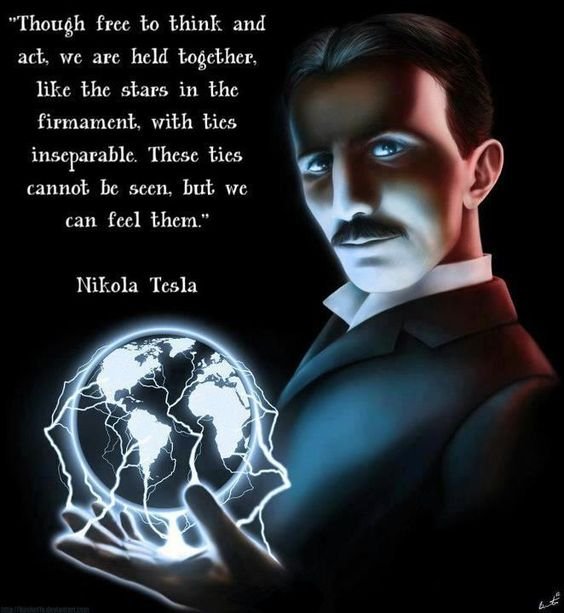
As for the idea of “God”, it is not based on respect for the laws of nature or on faith in the creative power of man as a libertarian being, but rather on the fear of natural forces and of death (perishment). If “God” existed, we would insist on an empirical and rational, rather than on the theological mystificatory verbiage aimed at blocking reason, or on prayer and liturgical rituals aimed at causing psychological effects for producing a fatalistic and subservient consciousness. How can one “not believe in God” if “He” is “omnipresent” and “omnipotent”? Similarly, if “God” existed, each of us would have a direct relationship with “Him”, which means that the church as a “mediator” between “God” and man would be meaningless. The basis for religion is the religious consciousness that results from the historical development of society. The seminal form of religious consciousness is animism, followed by totemism and polytheism. Monotheism is the highest form in the development of religious consciousness. Rather than “God” creating the world, it was man at a certain stage of historical development that created the idea of “God”, later to be stolen from him and to become the private property of the clergy. The great Serbian educator Vasa Pelagić claimed that churches are “shops” in which priests sell people lies about “God”.
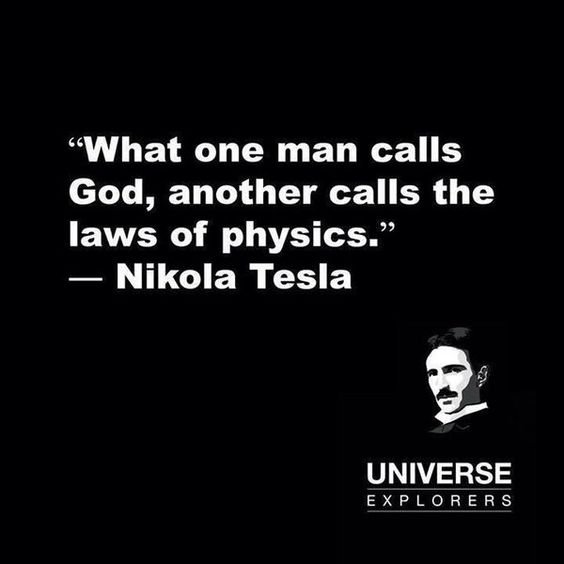
Historically, “God” appears as a creative principle alienated from man, a principle by which man is deprived of (self)creative (self)consciousness and libertarian dignity. Through the idea of “God” as “The Creator of the world,” the creative powers of man are alienated from him and become a means for his subjugation by the ruling class and for the deification of the class order itself based on the “sanctity” of private property (while the church, itself, is based on collective ownership - what hypocrisy!) and the exploitation of peasants and workers. Throughout history, man has been in a subordinate position in relation to the (imaginary or real) cosmos that has had a metaphorical and politically instrumental role in obtaining eternal life for the ruling order. The human ability to create life is made imaginary: the creation of imaginary religious consciousness becomes a “compensation” for depriving man of his ability to create this earthly world in his image. Instead of the idea of “God” as a creativistic principle being used for development of the self-consciousness of man as a sovereign cosmic being, for the development of his libertarian dignity and the unification of humanity in the struggle for the preservation of life on Earth, it is rather a tool of the ruling class for erasing the emancipatory heritage and for producing a fatalistic consciousness that leads humanity to its demise (the idea of “heavenly people”, “paradise,” “eternal life in heaven” and the like). Christianity sends humanity a terrible message: man must, and deserves to, suffer. If man were happy on Earth, then the “garden of Eden” would be meaningless. As for death, it gives meaning to life. “Eternal life” is the worst kind of curse.
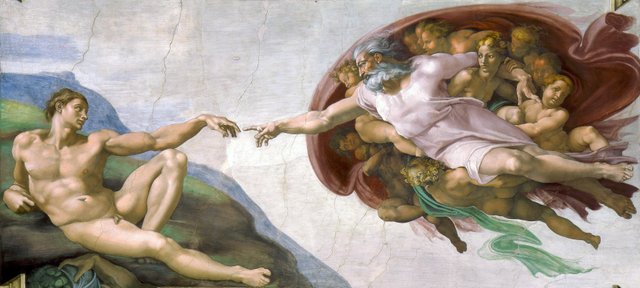
In the emancipatory sense, the idea of “God as the creator of the world” is the result of the historical development of society and it signifies man's becoming a sovereign cosmic being. The development of the self-consciousness of man as a creative being and a creator of (his own) world is the basis for the theory of the world as “God's creation”. “God” is an expression of man's becoming independent from nature and placing his powers “above” the powers of nature. Through the idea of “God”, man becomes an autonomous creative power and, in that sense, a sovereign cosmic being: the creation of the world is a conscious and volitional act. “God” is not the creator of the human world, but a symbolic expression of the specific relationship of man as a sovereign cosmic being to the universe. He appears as a historical quality through which man comes to an idea of the world as a specific cosmos and to an idea of himself as a specific cosmic being, and as a quality that provides the possibility for man as a specific cosmic being to overcome the infinite (physical) quantum of the cosmos and perceive the cosmos as a life-creating whole. At the same time, the idea that spirit can create matter may mean that man's creative powers and his creative imagination are the forces that can create the non-existent. Man with his creative spirit and creative abilities cannot produce matter out of nothing (creatio ex nihilo), but is able through the creative processing of matter to enable it to realize its life-creating potential. This is the affirmation of the life-creating principle as a universal cosmic principle and man as a specific cosmic being that is the highest form in which the life-creating nature of the universe is realized.
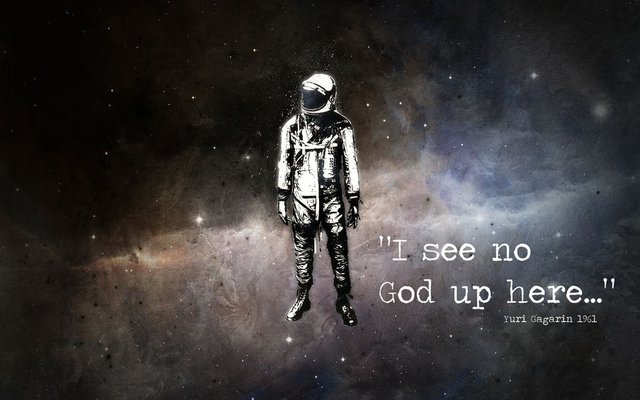
The notion that the true essence, which enables man to overcome the existing world, lies not outside, but within man, is one of the most important emancipatory ideas of Christianity. Rather than lightening him from the outside, it is the inner illumination (enlightenment) that is the fundamental principle of spiritualization of man. It follows that the emanating radiance of man's humanity, from which Walter Benjamin's aura is derived, is the basis for establishing society as a fraternal community of “radiant” people. At the same time, the humanity emanating from man is the light that illuminates the road ahead. One of the most dramatic truths, which enables man in the face of the worst tyranny to keep the faith that he can fight for a just world, is this: the faintest light penetrates the densest darkness. Candle flame is the symbol of that truth. Exposure of churches to artificial light is a way of sterilizing their power of enlightenment and of converting them into the scenery of the existing world. The purpose of their existence is to radiate light that enables man to see that which is invisible. They should emanate the true light that does not lighten but enlighten man. “Grandiose” places of worship are not beacons of the light of truth, but an embodiment of the Earthly political and economic power of the ecclesiastical oligarchy. Rather than enlighten, they astonish the (philistine) citizenry with their monumentality. Greatness of faith is not measured by the size of places of worship, but with the depth of conceiving what is true. Faith does not inhabit the walls of churches, but the hearts of people. A false faith is based on a spectacular illusion; true faith is based on an invisible truth.
The question of “God” is really a question about the essence of man and the cosmos. As such, it is a “mediator” between mankind and the universe. With man's emancipation as a cosmic being, the idea of “God” acquires a new dimension. In the era of the cosmic expansion of humanity, it no longer has anything to do with “heaven”. The idea of “God” can survive only in the depths of the human being, primarily as an aesthetic idea, which enables man to comprehend the cosmos in a human way and treat it as a life-creating whole. At the same time, it has a reason to exist as one of the unifying ideas for humanity within the anti-capitalist movement - as a symbolic synthesis of the humanistic heritage and the humanist potentials of mankind in relation to the technical world and the reduction of man to mere matter, meaning, in relation to the mechanistic materialism that has an anti-spiritual and anti-life character.
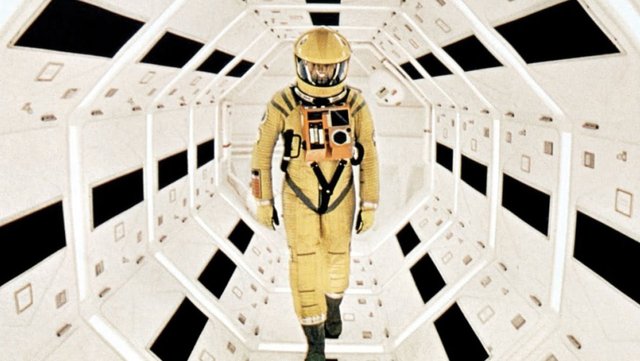
The Last Revolution (Part 6) << Previous • Part 7 • Next >> The Last Revolution (Part 8)